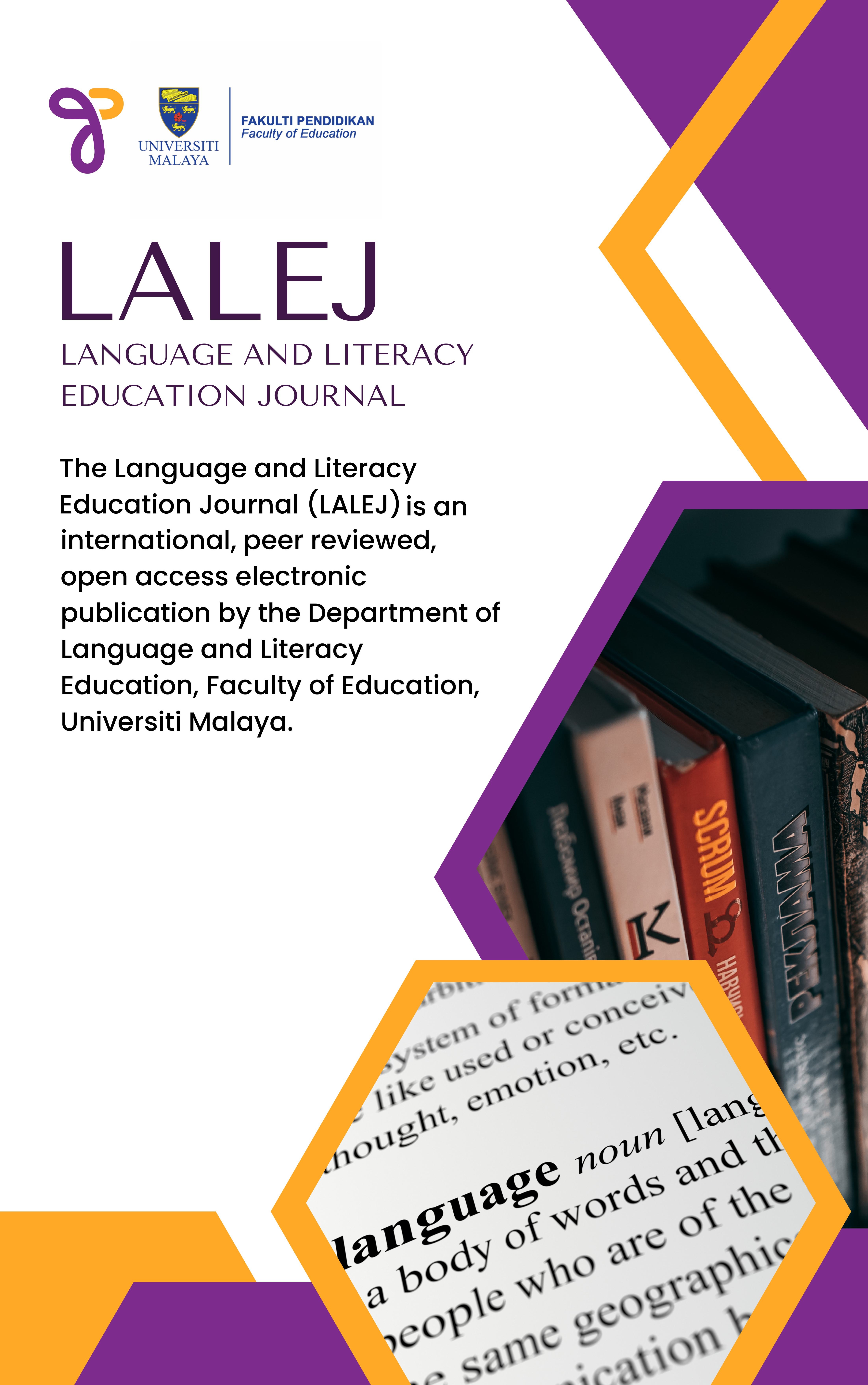PERSONALIZED BLENDED LEARNING THROUGH AI AND GAMIFICATION: ENHANCING PRIMARY STUDENTS’ LANGUAGE AND LITERACY IN GUANGDONG, CHINA
Keywords:
Classroom Blended Learning, Artificial Intelligence, Gamification, Language Education, Literacy SkillsAbstract
This empirical study addresses the urgent need for more effective, engaging approaches to language and literacy education in primary schools by integrating artificial intelligence (AI) and gamification within a blended learning environment. Although prior research has examined the benefits of AI and gamification, little is known about their combined impact on young learners in linguistically diverse regions such as Guangdong Province, China. The study employed a quasi-experimental design involving 200 students aged 6 to 12, evenly distributed by gender into experimental and control groups. The experimental group received instruction through AI-enhanced personalized learning pathways and gamified tasks, while the control group followed traditional teaching methods. Data were collected through standardized reading tests, vocabulary assessments, and validated instruments measuring motivation and engagement. Results revealed that the experimental group significantly outperformed the control group, demonstrating a 25% increase in vocabulary acquisition, a 30% gain in reading comprehension, a 20% rise in engagement, and a 15% improvement in motivation. These findings underscore the effectiveness of combining AI and gamification in promoting individualized, motivating, and data-driven learning experiences. The study offers practical implications for educators and school leaders seeking to enhance language education through adaptive technologies and game-based strategies, and it opens new avenues for research on the long-term impact and scalability of these innovations.



